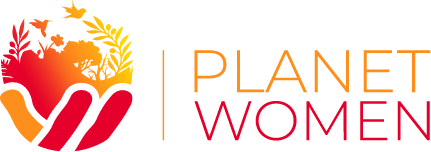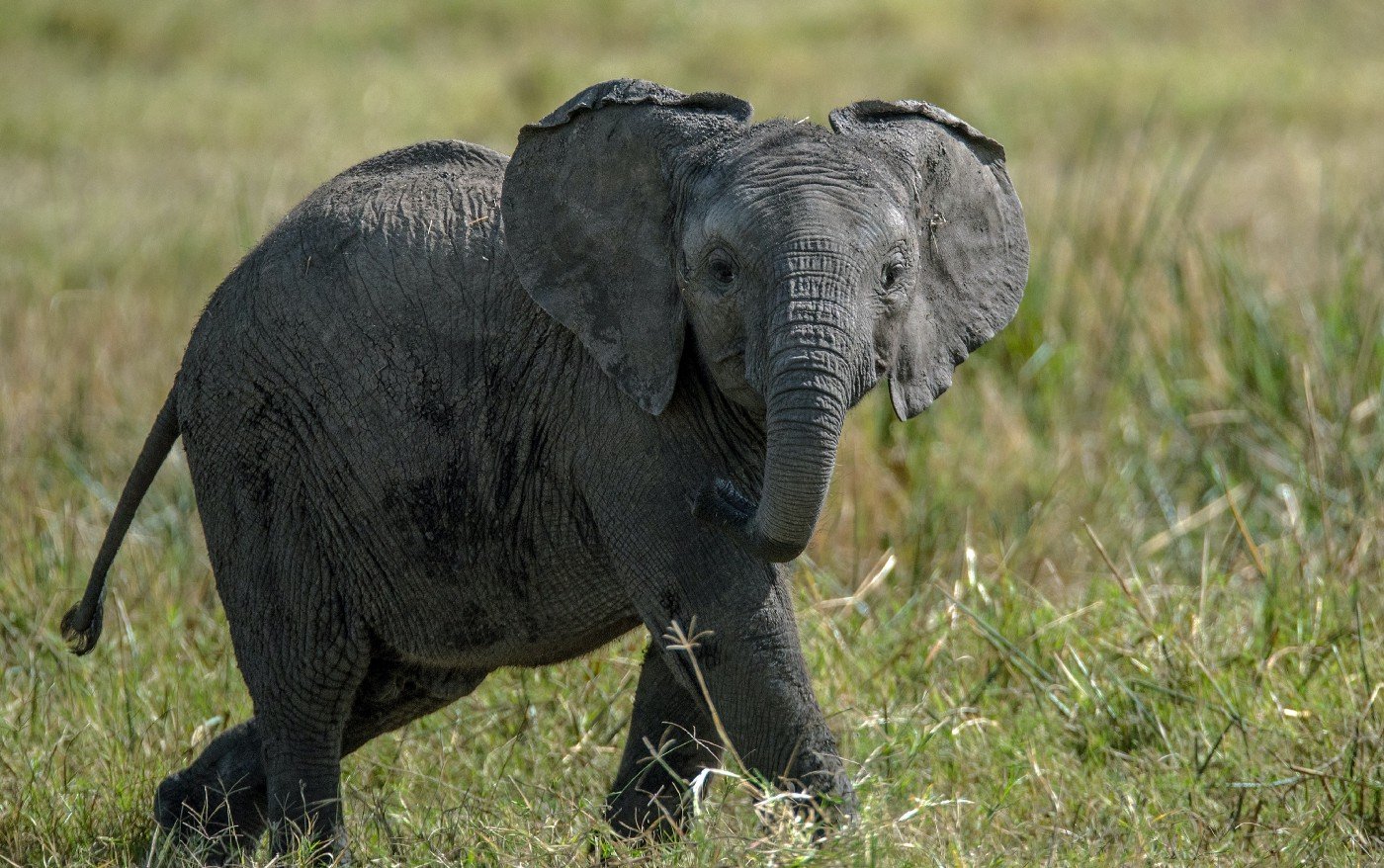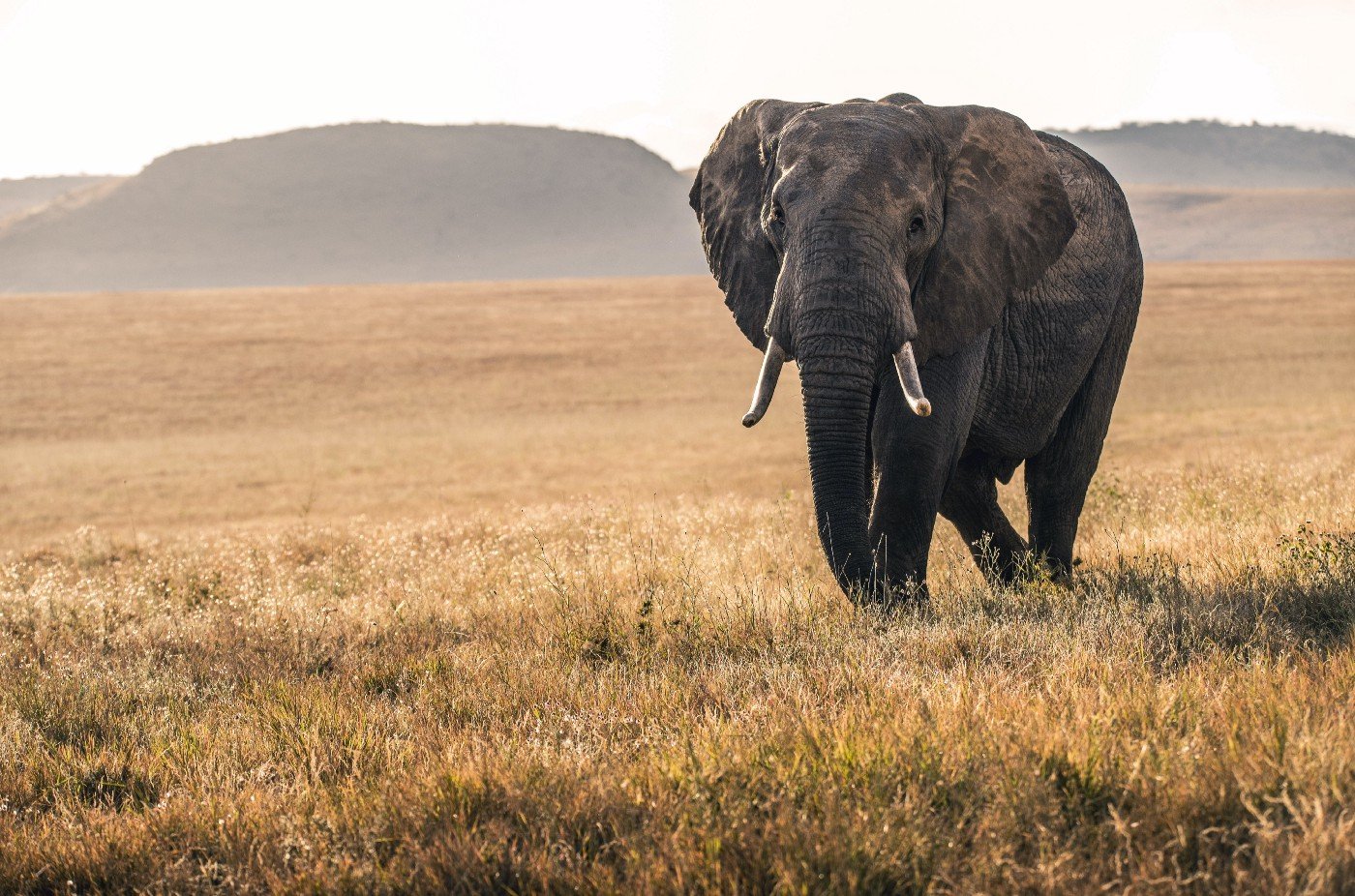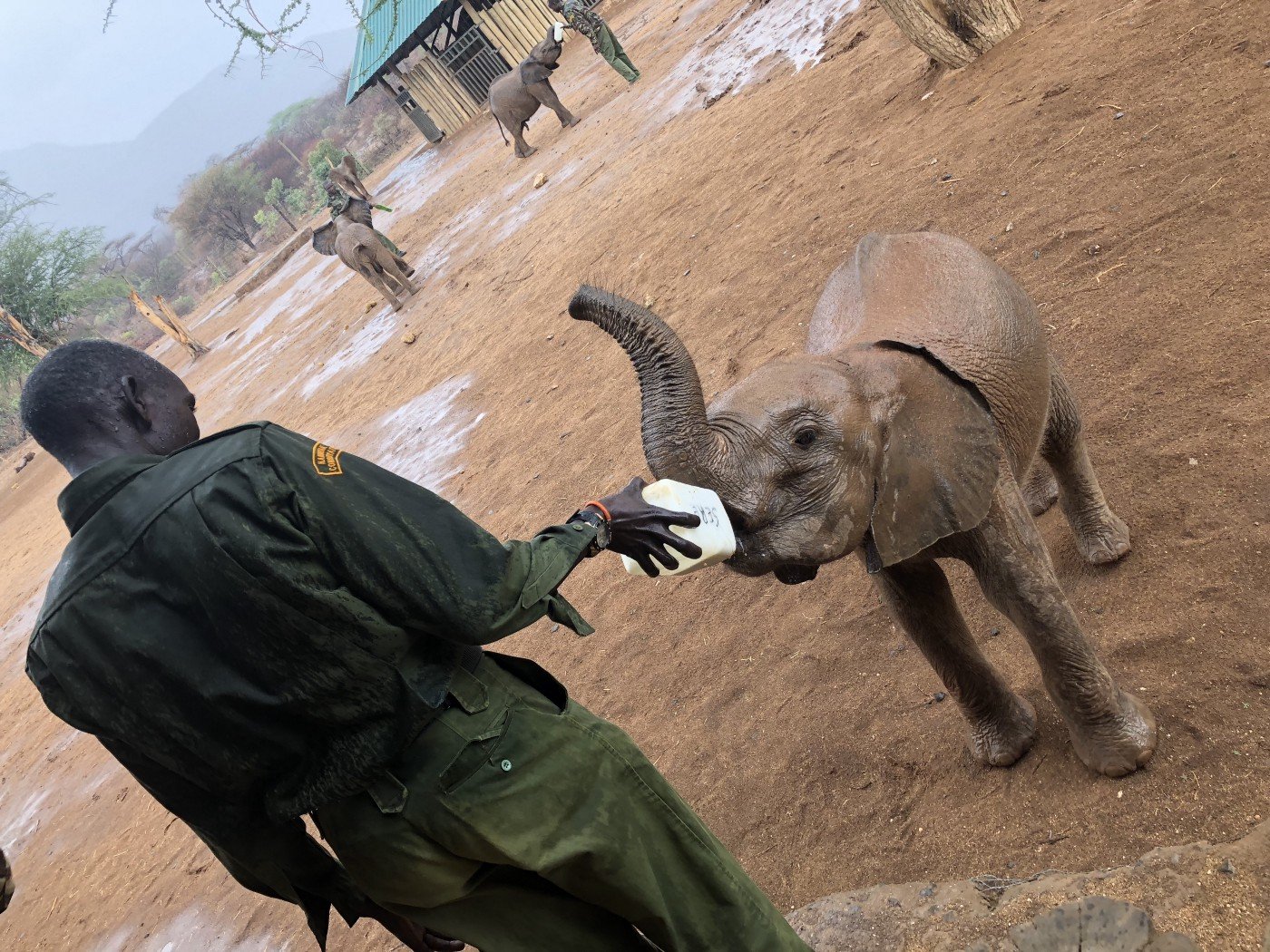A win-win for baby elephants and Samburu women in Kenya
© David Clode
If you’re looking for a cause to get excited about, look no further than Reteti Elephant Sanctuary. Reteti Elephant Sanctuary is the first community-owned and -run elephant orphanage in Africa. Reteti and its sister organization Sarara Foundation were established with the local indigenous Samburu community in Northern Kenya to rescue, rehabilitate and rewild orphaned and abandoned elephant calves.
This unique community-centered endeavor exists within the Namunyak Wildlife Conservancy as a way to care for the wildlife, people and beautiful landscape of the Samburu’s ancestral lands. All the keepers are from the local community and combine their traditional wisdom with conservation and veterinary science to rehabilitate elephant calves and protect their native habitat. And an elected board from within the community oversees all operational aspects of the Sanctuary.
Protecting Endangered Elephants
In 1930, as many as 10 million wild elephants roamed Africa. Now there are only about 415,000 left. While Kenya has made progress in efforts to curb elephant poaching in recent years, African elephants are still an endangered species. In the Namunyak Wildlife Conservancy, young elephants can become lost or abandoned for many reasons. They might lose their family to poaching or get stuck in a water well and left behind by their herd. When this happens, Reteti’s mobile rescue team gets dispatched to recover the elephant. The best outcome for the team is when they can swiftly reconnect the young elephant with its herd. However, this isn’t always possible, so Reteti takes them in and cares for the babies until they are strong enough to be returned to the wild.
© David Clode
Milk-to-Market Project: A pandemic silver-lining
Like all mammals, baby elephants rely on milk when they are young. Until recently, Reteti Elephant Sanctuary was feeding the elephants with a milk formula that they imported. But during the pandemic, travel restrictions and a tighter budget led Reteti to think of a creative solution that has the twin benefits of economically empowering Samburu women, while helping the baby elephants get a healthier, local supply of milk. They call the project: Milk-to-Market.
Their breakthrough idea was turning to a new goat-milk-based formula for the elephants — one that is sourced from local women and is cheaper and more nutritious than the powdered milk formula they were previously importing. Many local Samburu women maintain goat herds and they have enough extra milk that they are able to sell some to Reteti for the baby elephants. In return, the women are able to increase their income and participate in educational workshops provided by Reteti and Sarara.
Reteti reports that the milk formula has been in place for over 11 months and so far has a 100% success rate with calves under 6 months old, which are historically the most challenging orphans to keep alive. Not only that but their budget for milk has been cut in half!
The project is actually increasing the survival of orphaned elephants, and it is providing economic opportunities for local women — truly a win-win solution. Planet Women is providing Reteti and Sarara Foundation with technical expertise in gender mainstreaming for Milk-to-Market, meaning that we’re advising on how to embed gender equity into all aspects of the project. Over the next three years, Planet Women will continue to support the project’s implementation, monitoring and evaluation.
Feeding time for the elephants! © Kristine Zeigler.
Another important facet of the project is engaging the broader community in educational workshops, which cover a range of topics such as sustainable pasture management, improved animal husbandry, business training and equitable gender roles.
Milk-to-Market is introducing a new source of income for women and this can shift the power dynamics within families and the community, which can sometimes result in negative unintended consequences. So proactive education around gender equity — for men and women — is an essential step to ensuring that the community understands the goals of the Milk-to-Market project and supports the women who are participating. In the summer of 2021, 50 men and 30 women participated in the first training, which covered animal husbandry, land management, entrepreneurship and exercises on equitable gender roles and relations!
We are so inspired by the Samburu community and what they are accomplishing with Reteti Elephant Sanctuary and Sarara Foundation. We can’t wait to see what comes next with this remarkable project!
Read more about this project on Sarara Foundation’s blog and follow Reteti Elephant Sanctuary on social media for stories that will make you smile every day! And don’t miss Ami Vitale’s documentary short “Shaba” about Reteti Elephant Sanctuary’s first matriarch elephant and the extraordinary bonds she formed with a herd of baby orphaned elephants and the people who rescued her.



